20+ Years Experience
Specialist Shopfront Company

Are you considering installing glass shopfronts for your business? Glass shopfronts not only provide an attractive and modern look to your store but also offer a range of benefits.
From attracting more customers to enhancing the appearance of your shop, glass shopfronts are a popular choice for many businesses. In this article, we will explore the different types of glass used in shopfronts, factors to consider when choosing them, the installation process, maintenance tips, and common problems to watch out for.
Whether you’re a business owner or just curious about glass shopfronts, this article has all the information you need.
Glass shopfronts are glass panels that are used to create a visible and inviting storefront for a shop or commercial premises.
Glass shopfronts are modern architectural installations that utilise glass panels to create visually appealing and transparent facades for commercial premises, allowing natural light to enhance the interior ambience.
Our shopfronts are designed to serve as a seamless extension of the building’s aesthetics, often incorporating sleek metal or aluminium frames to support the glass panels while maintaining a minimalistic and open appearance.
Architectural glazing techniques are employed to ensure the structural integrity and energy efficiency of these glass facades, making them not only visually stunning but also functional in terms of thermal regulation and sound insulation.
The infusion of natural light through these glass shopfronts not only creates a welcoming and inviting atmosphere within the commercial space, but also contributes to energy savings by reducing the reliance on artificial lighting during daytime hours.
Fitting glass shopfronts offers numerous benefits, including improved security, the provision of natural light, and the creation of a visually appealing and consumer-friendly atmosphere.
One of the key benefits of glass shopfronts is their ability to attract customers by creating a welcoming and consumer-friendly atmosphere, particularly in settings such as shopping centres and retail establishments.
Through their transparent and open design, glass shopfronts offer a seamless integration of indoor and outdoor spaces. They provide a visually appealing display of merchandise that entices passers-by. The natural light that filters through the glass lends a warm and inviting ambiance, contributing to an enriching shopping experience.
Glass shopfronts allow for optimal visibility of the shop interior. This enables potential customers to preview the products and services on offer. The transparency fosters a sense of trust and accessibility, making the shopping environment more inviting and approachable.
Glass shop fronts play a pivotal role in providing abundant natural light, creating a bright and open ambiance that reduces the reliance on artificial lighting within commercial spaces.
Not only do glass shop fronts enhance the internal atmosphere by infusing external natural light, but they also contribute to a more sustainable environment by reducing the energy consumption associated with artificial lighting.
This, in turn, aligns with the growing emphasis on eco-friendly architectural solutions and sustainable design principles. By utilising the strength of natural light, glass shop fronts not only illuminate interior spaces but also enhance the visual connection between the indoor and outdoor areas, creating a seamless and inviting environment for both employees and customers.
Glass shopfronts contribute to the enhancement of architectural aesthetics, providing an attractive display and seamlessly blending with modern architecture to create visually appealing commercial facades.
The use of glass shopfronts has become increasingly popular in modern architectural designs. They offer a unique way to showcase the interior of commercial spaces while maintaining a sleek and contemporary look.
The transparency and reflective properties of glass allow natural light to flood into the building, creating an open and inviting atmosphere. In addition, glass shopfronts facilitate a seamless integration with the surrounding environment, whether it’s a bustling city centre or a tranquil suburban area.
Their versatile nature enables them to effortlessly harmonise with various architectural styles, ranging from minimalist storefronts in urban areas to more ornate designs in historic districts.
Glass shopfronts offer the advantage of easy maintenance, with the option for door repairs and surface coatings to ensure their longevity and pristine appearance.
Regular cleaning is essential for maintaining the transparency and appeal of glass shopfronts. Specialised surface coatings, such as nanotechnology coatings, provide a protective layer that minimises the need for frequent cleaning and safeguards against environmental elements.
In case of damage, prompt door repair services can rectify issues, ensuring the functionality and security of the entrance. Repair options for glass shopfronts typically include replacing damaged panes, repairing hinges, and addressing any structural concerns.
The construction of shopfronts involves the use of various types of glass, such as toughened glass and laminated glass, incorporating security features to ensure strength and protection.
In terms of shopfronts, toughened glass stands out as one of the most popular choices due to its remarkable strength. This type of glass is created through a process of controlled thermal or chemical treatments, enhancing its resistance to breakage.
In case of an impact, toughened glass shatters into small, harmless fragments rather than sharp, dangerous shards, making it a safer option for shopfronts.
On the other hand, laminated glass is designed to provide additional security. It consists of two or more layers of glass bonded together with an interlayer, usually made of polyvinyl butyral (PVB). This construction makes the glass more resistant to breakage and significantly reduces the risk of penetration, offering enhanced protection for the shopfronts.
To further ensure strength and protection, shopfronts can be integrated with security features such as reinforced frames, impact-resistant glazing, and security film. These elements work together to enhance the overall security of the shopfront, providing peace of mind to both the owners and customers.
Toughened glass is a prominent choice for shopfronts due to its exceptional strength and transparency, providing enhanced security whilst maintaining a visually appealing and transparent facade.
This type of glass, also known as safety glass, is highly durable as it undergoes a specialised heating and cooling process, resulting in increased resistance to impact and breakage.
Its ability to withstand heavy forces makes it a reliable option for safeguarding against potential intrusions and break-ins, contributing to the overall security of the premises.
Toughened glass is designed to fragment into small, granular pieces upon breakage, reducing the risk of injury compared to regular glass.
This feature not only enhances safety but also aligns with regulatory standards, making it a prudent choice for shopfront installations.
Laminated glass, often incorporating interlayer technologies such as Pilkington OptiView, offers enhanced safety and security, making it a popular choice for shopfront glazing applications.
One of the significant characteristics of laminated glass is its ability to hold together when shattered, minimising the risk of injury from broken glass shards.
The interlayer technology, Pilkington OptiView, provides superior clarity and reduces reflection, offering an optimal visual experience for shopfronts while ensuring privacy and security.
Laminated glass meets various safety standards, including impact resistance and burglar resistance requirements, making it ideal for high-traffic areas such as shopfronts.
The ability of laminated glass to withstand forced entry attempts provides peace of mind for property owners and enhances the overall security of the premises.
Low-E glass, renowned for its energy-efficient properties and thermal insulation, contributes to the creation of sustainable and environmentally-friendly shopfront designs.
Its low-emissivity (low-E) coating effectively reduces heat transfer, keeping interiors cooler in summer and warmer in winter, thereby lowering the reliance on air conditioning and heating systems. This results in significant energy savings, reduced carbon footprint, and enhanced comfort for occupants.
Additionally, low-E glass minimises UV transmission, protecting merchandise and interior furnishings from fading and damage. Its ability to balance natural light transmission while controlling heat gain makes it an ideal choice for eco-conscious shopfront applications.
Frosted glass, valued for its privacy-enhancing attributes and decorative appeal, is utilised in shopfronts to introduce a translucent barrier while maintaining aesthetic appeal.
One of the primary benefits of frosted glass in shopfronts is its ability to obscure the view from both inside and outside, offering a level of privacy for businesses and customers. The textured surface of frosted glass diffuses light, creating a soft and gentle ambiance within the space.
It serves as an ideal medium for displaying branding elements and designs, adding a distinctive touch to the storefront. Its versatility extends to various design options, including etched patterns, logos, or elegant frosted bands, enabling businesses to customise their shopfronts to align with their brand image and enhance visual appeal.
When choosing glass shopfronts, several factors must be considered:
Location plays a significant role in determining the type of glass shopfronts suitable for a particular area. High-traffic commercial areas may require more robust and impact-resistant glass, while in residential areas, a more aesthetic approach might be prioritised.
Security needs must be carefully evaluated, ranging from the type of locking mechanism required to the impact resistance of the glass itself. Weather conditions also demand attention as extreme temperatures, strong winds, or heavy precipitation can affect the performance and longevity of the glass installations. Insulated glass units or laminated glass may be suitable solutions for areas prone to severe weather.
The location of the commercial premises, such as car dealerships, significantly impacts the choice of glass shopfronts. Factors like visibility and architectural integration must be considered.
Car dealerships often aim to create an inviting and impressive shop front. This not only showcases their vehicles but also entices potential customers.
The strategic placement of glass shopfronts allows for a clear view of the displayed cars. This draws attention to the showroom from both pedestrians and passing vehicles.
Architectural integration is crucial in maintaining a cohesive aesthetic with the overall design of the dealership. This includes elements such as sleek lines, modern finishes, and efficient use of natural light through glass shopfronts.
Security considerations play a pivotal role in the choice of glass shopfronts. It’s important to integrate security features and utilise durable elements, such as toughened glass doors, to ensure protection.
Toughened glass doors, also known as toughened glass, are a popular choice for shopfronts due to their exceptional strength and resistance to breakage.
The integration of advanced locking mechanisms, such as deadbolts and multi-point locks, further enhances the security of glass shopfronts. Additionally, incorporating laminated glass panels adds an extra layer of protection. These panels are designed to remain intact even upon impact.
The impact of weather conditions necessitates the consideration of solutions like double-glazed glass in shopfronts, addressing factors such as insulation and the reduction of reliance on artificial lighting.
Architectural glazing must contend with the various weather conditions that can impact the functionality and energy efficiency of commercial spaces. The use of double-glazed glass offers an effective solution to combat the influence of extreme temperatures, excessive sunlight, or strong winds, providing improved thermal insulation and minimising the need for excessive artificial lighting.
By incorporating double-glazed glass in shopfronts, businesses benefit from reduced energy consumption, enhanced comfort for occupants, and a sustainable approach to building design. This innovative solution reflects the intersection of architectural glazing and environmental responsibility, catering to the evolving needs of modern construction practices amidst changing weather patterns.
The cost considerations for glass shopfronts involve evaluating the value they bring to the commercial investment, balancing affordability with the long-term benefits and aesthetic enhancements.
When selecting glass shopfronts for commercial premises, it is crucial to consider the initial purchase and installation costs in comparison to the long-term benefits. Investing in high-quality materials and professional installation may result in higher initial expenses, but it can greatly reduce maintenance and replacement costs over time.
The addition of glass shopfronts can bring a touch of modernity and sophistication to a commercial property, enhancing its overall appeal and potentially attracting more business and foot traffic. Striking this balance ensures that the investment in glass shopfronts is not only financially sound but also visually appealing.
The installation of glass shopfronts involves the meticulous placement of glass panels, often accompanied by the integration of secure and visually appealing elements such as aluminium doors.
This process demands precision and expertise to ensure that the glass panels are fitted seamlessly, providing an unobstructed view while maintaining structural integrity.
The integration of aluminium doors not only adds to the aesthetics but also enhances the security of the premises.
The seamless alignment between the glass panels and aluminium doors is crucial for creating a cohesive and visually pleasing appearance.
In addition, special attention is given to the framing and hardware used, ensuring that all components complement each other in terms of both functionality and design.
Maintaining glass shopfronts involves regular cleaning and the application of surface coatings to preserve their pristine appearance and durability over time.
Regular cleaning is essential to prevent the build-up of dirt, dust, and grime, which can diminish the visual appeal of the glass shopfront and lead to potential damage.
Using a mild soap or specialised glass cleaner, gently wipe down the glass surfaces on a regular basis. The application of surface coatings such as protective films or hydrophobic treatments can provide an extra layer of defence against environmental elements and minimise the need for frequent cleaning.
Common problems encountered with glass shopfronts include issues such as cracks, breaks, scratches, and stains, necessitating prompt attention and appropriate maintenance measures.
Cracks in glass shopfronts can compromise the structural integrity and security of the premises, posing safety hazards for occupants and customers. Breaks require immediate repair to avoid potential injury and further damage to the property.
Scratches not only diminish the aesthetic appeal but can also weaken the glass over time. Stains, if left unattended, can become stubborn and difficult to remove, impacting the overall appearance of the shopfront. Regular inspections and timely repairs are essential to address these issues and ensure the longevity of the glass shopfronts.
The occurrence of cracks or breaks in glass shopfronts, particularly toughened glass, requires immediate assessment and repair to maintain the integrity and safety of the installations.
Cracks or breaks in toughened glass shopfronts can compromise the structural strength and safety of the entire system. Immediate attention is essential to prevent further damage and ensure the security of the premises.
The presence of even minor cracks can weaken the glass, making it susceptible to complete failure, posing a serious safety hazard. Therefore, it is crucial for property owners to promptly engage professional services for thorough assessment and repair to restore the glass shopfronts to their original strength and integrity.
Draughts or leaks in glass shopfronts can be mitigated through effective weatherproofing measures, ensuring the insulation and durability of the installations against external elements.
One of the primary challenges faced by glass shopfronts is the potential for unwanted air infiltration due to draughts and leaks. This not only impacts the interior climate control but also affects energy efficiency.
Without proper weatherproofing, the shopfronts become susceptible to damage from external elements such as rain, snow and wind. Effective weatherproofing solutions are essential to combat these issues and safeguard the shopfronts from the adverse effects of varying weather conditions.
Addressing scratches or stains on glass shopfronts entails the application of suitable surface treatments to restore the pristine appearance and integrity of the glass installations.
Surface treatments such as polishing compounds, fine abrasives, or specialised restoration kits can effectively eliminate minor scratches and imperfections from glass surfaces, rejuvenating their clarity and sheen.
Additionally, stain removal products formulated specifically for glass can be used to dissolve and eliminate stubborn stains without causing damage to the glass. It is crucial to carefully follow the instructions provided with these treatments to ensure optimal results and prevent any potential damage to the glass.
For severe damage, consulting professional glass restoration services may be necessary to achieve the best outcome.
There are a range of other services that we can provide. Have a look at the list below for more information:
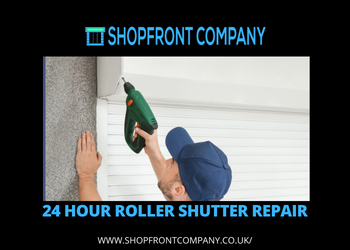
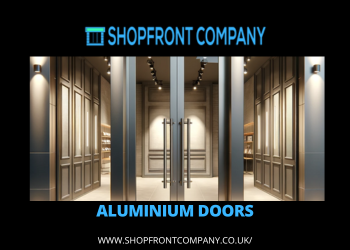
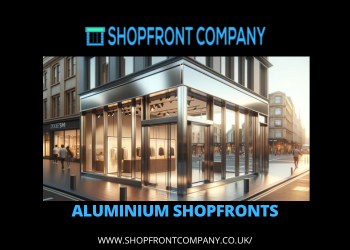
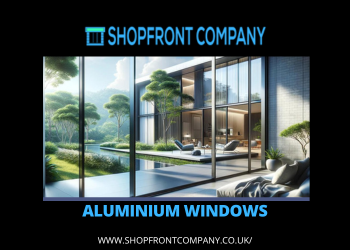
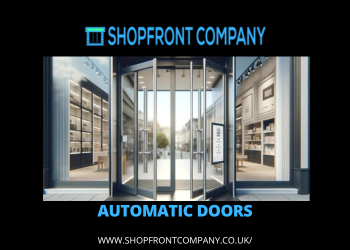
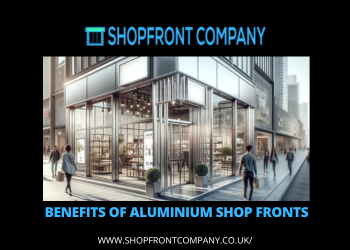

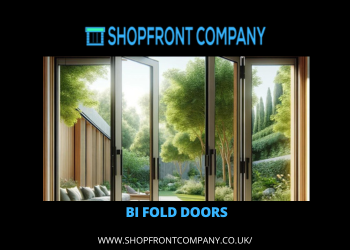
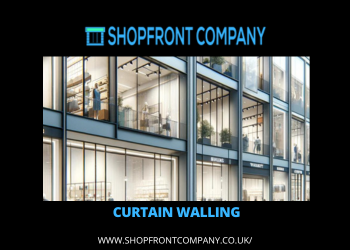
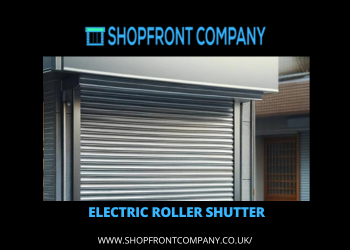
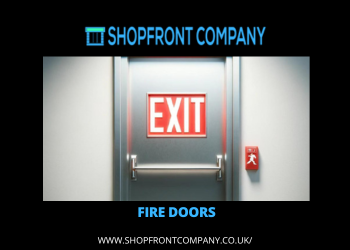
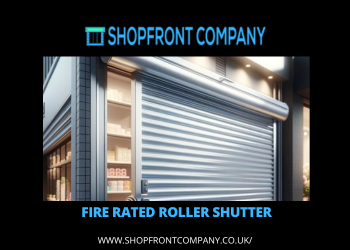
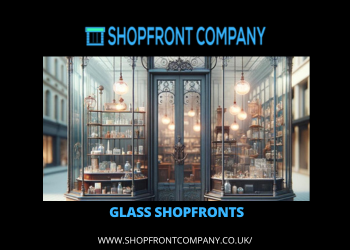
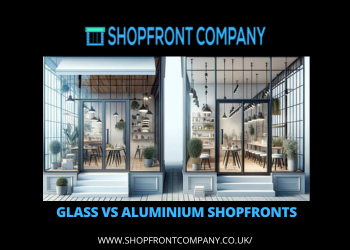
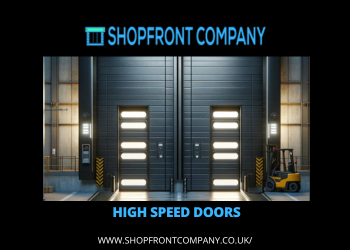
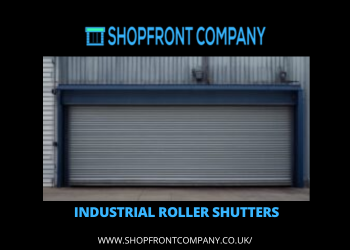
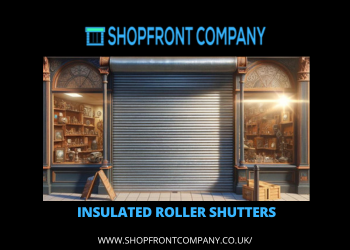
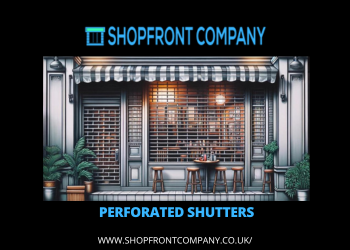
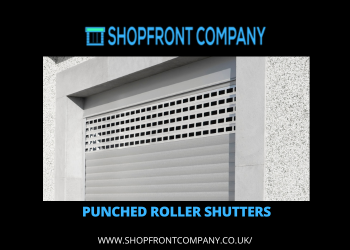
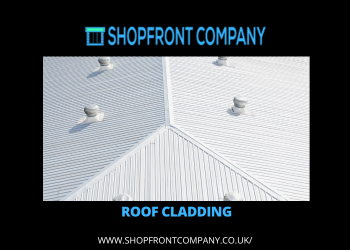
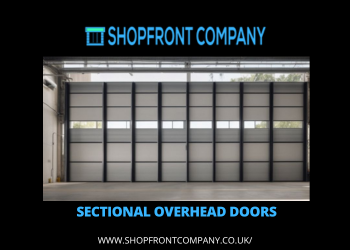
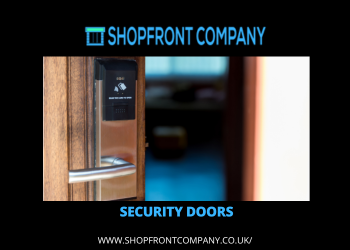
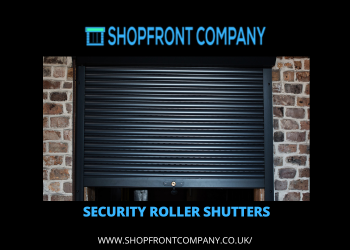
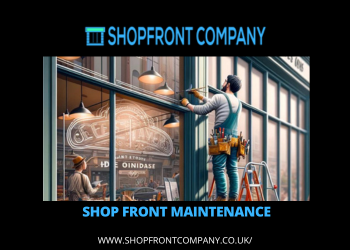
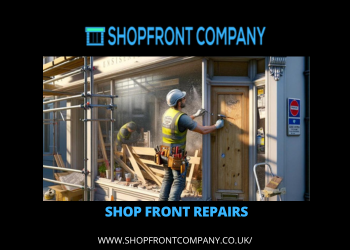
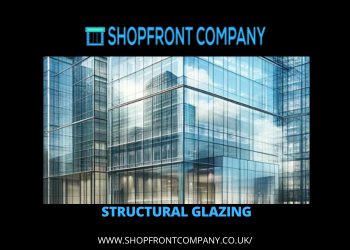
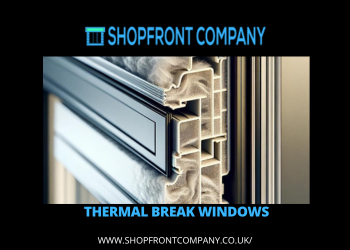
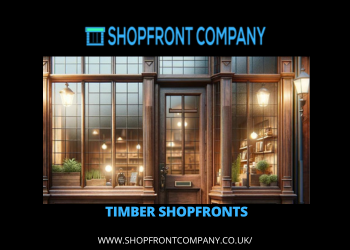
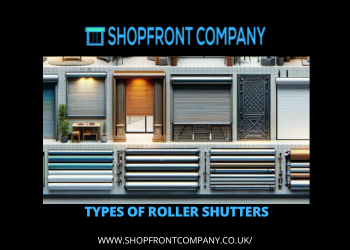
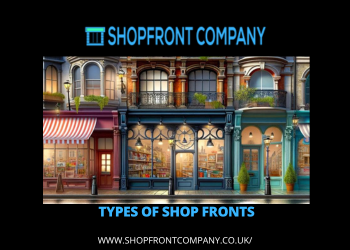
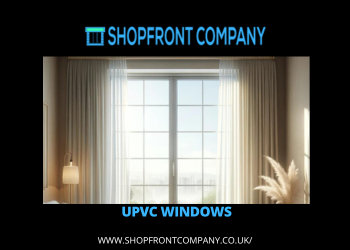
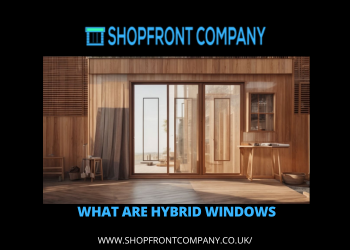
We Aim To Reply To All Enquiries With-in 24-Hours